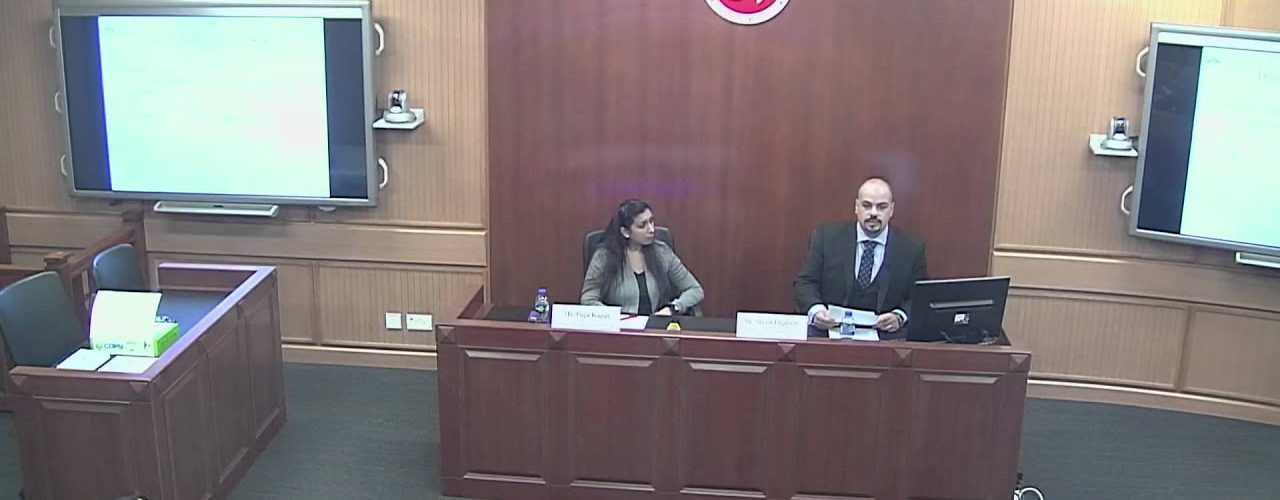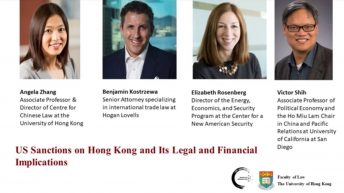Date: 02Nov 2015
The United Nations Security Council is entrusted under the UN Charter with primary responsibility for the maintenance and restoration of the international peace; it is the only body with the power to legally authorise military intervention and impose international sanctions where it decides. However, its decision-making process is obscure and allegations of political bias have been made in its responses to potential international threats. Despite the rule of law featuring on the Security Council’s agenda for over a decade and a UN General Assembly declaration in 2012 establishing that the rule of law should apply internally to the UN, the Security Council has yet to formulate or incorporate a rule of law framework that would govern its decision-making process.
In this seminar, Dr Elgebeily explains the necessity of a rule of law framework for the Security Council and proposes eight core components to form a bespoke framework. He evaluates the Council’s decision-making process since 1990 against this framework, illustrating where and how the rule of law has been undermined or neglected. Ultimately, he argues for the establishment of a Rule of Law Tribunal as a subsidiary organ to the Council under its Charter powers that would be solely responsible for both the regulation of Council practice and judicial review of its decisions.
Dr Sherif Elgebeily is Assistant Research Officer at CCPL, and part-time lecturer at the University of Hong Kong. He is a founding member, former Editor-in-chief and current Member of the Advisory Board of the Westminster Law Review, UK. His previous experience includes drafting Space Policy for the European Commission in Brussels, co-drafting Human Rights and other reports for the Iraq Team of the UN Department of Political Affairs in New York, and researching media law at the Child Law Centre, University of Pretoria.




